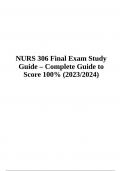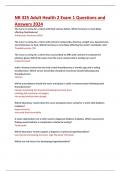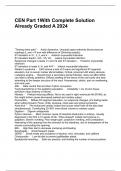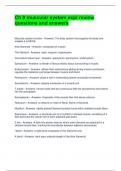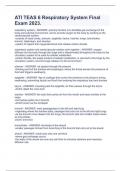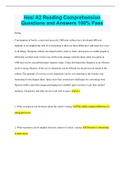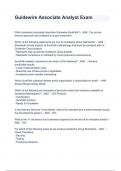Samenvatting
Summary European History L8: Culture and secularisation
- Vak
- European History
- Instelling
- Vrije Universiteit Brussel (VUB)
I got a 20/20 with my summaries Abbreviations: DRTR: divine right to rule E-G: Estates-General CC: Catholic Church AR: Ancien regime DL: Germany (Deutschland) WS: Welfare state SD: Social democracy SDs: social democrats CDs: Christian democrats O1H: on the one hand OOH: on the other...
[Meer zien]




